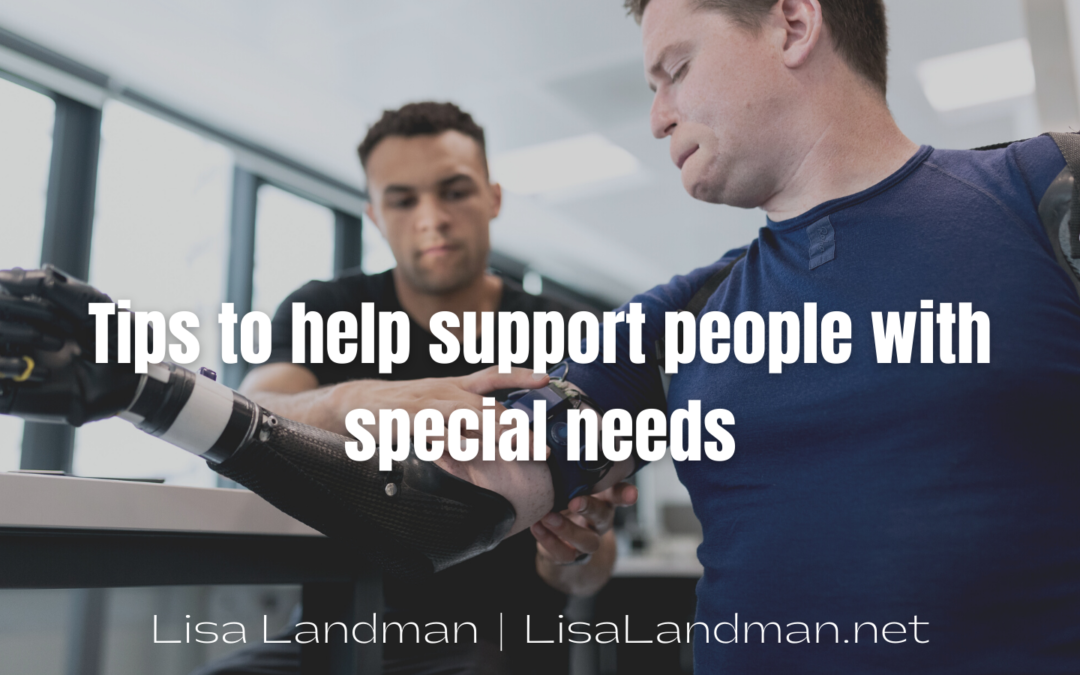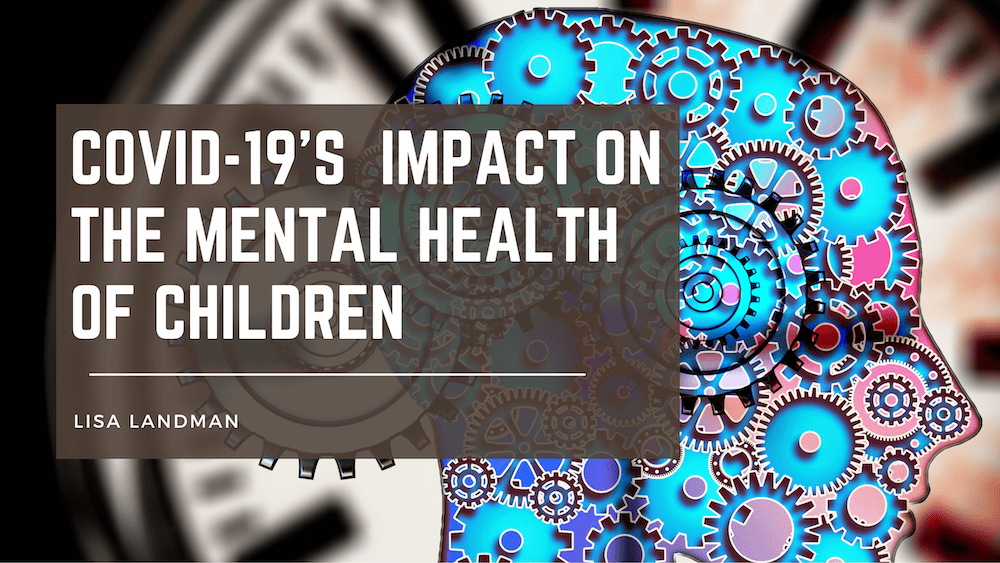
How to Build Meditation Into Your Daily Routine
Meditation is a practice known for helping people ease stress and reduce anxiety. While meditating looks simple enough, the truth is that many people struggle with finding ways to fit it into their schedules. Building meditation into a daily routine is possible by taking small steps that add up to making it a regular part of the day.
Practice Mindfulness During Daily Chores
Tying meditation to things that have to get done each day turns even mundane chores into something to look forward to doing. The best chores for mediation are the ones that don’t require much thought—meditating while folding clothes or washing dishes makes it possible to squeeze in a session that could last for quite a few minutes.
Take Two Deep Breaths Throughout the Day
Deep breathing is a valuable part of meditation that helps to refocus the mind and allow someone to make a connection to their body. Try to find a few times when taking two deep breaths is easy to think about, such as during regular events each day. For example, a person might take two breaths when they get in their car or after they hear a particular sound.
Use Transitions to Enter a Meditative State
Throughout the day, people experience many transitional moments that can benefit from them taking a brief pause. For instance, someone might choose to thoroughly soak up the moment when they walk into their house after work. Or, it may be possible to take a minute or two to meditate while waiting for the kids to get out of school.
Try a Walking Meditation
Meditation doesn’t always have to be done in a cross-legged position on the floor. Walking meditations are beneficial for providing a person with stimulation from their environment, making it easier to be mindful of the moment. Since a walking mediation can also be tied to exercise, it benefits both the body and the mind. This option also works well for people who struggle with sitting for long periods.
Eventually, most people will be able to work up to doing an entire mediation session each day. However, it is essential to remember that even small increments of mindfulness add to greater relaxation. As a final note, planning a meditation session to happen simultaneously each day helps to ensure that nothing else will get in the way of having the opportunity to relax.

Tips to Help Support People with Special Needs
People who are abled differently often face many challenges in life. They may require additional support to achieve their goals. Here are seven ways that you can support people with special needs:
1. Communication is key
Make sure to keep the lines of communication open with people who have special needs. This will help ensure that they feel comfortable communicating their needs and wants to you.
2. Help Them Find Their Passion
People who have special needs often thrive when they can do something that they love. Help them find an activity or hobby that they can be passionate about.
3. Advocate for Them
If there is something that the person with special needs wants or needs, be their voice and advocate for them. This can be done by speaking to teachers, bosses, or anyone else who may be able to help make their goals a reality.
4. Be Patient
Patience is essential when interacting with people who have special needs. They may move at a different pace than you are used to, but it is important to remember that they are just like everyone else.
5. Offer Your Support
By being there and offering your support, you are already doing a lot to help people with special needs. Simply listening and lending a hand when needed can make all the difference.
6. Donate Machine Equipments
You could support people with special needs by donating some of your old or unused machines. This would help the special needs individuals to communicate better and faster. Moreover, donating certain types of equipment like wheelchairs, communication boards, or even sensory toys would be an excellent help for special needs people. So, go ahead and donate some of your old machines to a good cause and make someone’s life a little bit easier.
7. Contribute to a Fundraising Campaign
Another way of supporting people with special needs is by contributing to a fundraising campaign organized for them. There are several fundraising campaigns organized for different

Covid-19’s Impact On The Mental Health Of Children
The impact of Covid 19 on children is increasingly going up as they try to come to terms with the sharp lifestyle changes experienced during the pandemic. This article highlights a few issues that have an impact on children’s mental health, especially during this time;
High cases of Anxiety
A spike in anxiety issues and related behavior among children saw them have out-of-character behavior during the pandemic. The inability to go out or socially interact with people made them highly anxious, exhibiting bouts of anger and restlessness.
Feeling of fear
Even with the set regulations that see schools practice social distancing and wearing masks, a lot of children are worried about getting the virus and spreading it to their loved ones. The feeling of fear is incredibly high on children living with older adults or those with underlying issues as they are afraid their interaction with others will see them put their lives in danger, negatively affecting their mental health.
Depression
Children across schools are battling depression as they deal with the effects of the pandemic directly or indirectly. Some have lost parents, loved ones, or friends to the deadly virus or are continually exposed to the statistic of people losing their lives to the virus.
This, coupled with the lack of enough facilities to help them process what is happening, has seen children plunge into depression as they try to understand what is happening. The lockdown also saw children stay away from school for months, and not interacting with others negatively took a toll on them.
Suicidal ideation and self-harm tendencies
Mental health among these ages is slowly becoming an epidemic within a pandemic. A compromised mental health state is likely to plunge a child into a cycle that makes them feel like life is meaningless. In a poll done by C.S Mott Children’s Hospital, 46% of parents reported their children showing suicidal tendencies. Suicidal ideas make children prone to trying to harm themselves as they witness their caregivers struggle to make ends meet or battle the deadly pandemic.
Conclusion
Covid 19 has negatively impacted the mental health of children across public and private states. Some exhibit symptoms of excessive fear and lack of interest in mingling with others, afraid that they may get infected. Parents and teachers thus have to play a significant role in helping children deal with the pandemic.
About Lisa Landman
Lisa Landman earned her doctorate in psychology from Fordham University in 2005. One of the reasons why Lisa pursued psychology is due to her interest in helping others. Throughout her life, Lisa has spent time helping the most vulnerable populations of society which includes animals. She and her husband have rescued six different dogs over the years, and Lisa volunteers with the Special Olympics. Lisa particularly cares about adults with disabilities since they’re a population that tends to face increased vulnerability as they age.
Previously in her career, Lisa Landman worked as a Residential Coordinator at Bishop Grady Villas which describes itself as a “place where adults with disabilities are able to thrive and achieve their dreams” (Bishop Grady Villas Homepage). The best part of working at Bishop Grady was getting to know the residents. Lisa found each resident to be an amazing person with a huge heart, a caring attitude, and a wonderful personality. She particularly admired the residents’ attitudes toward life. Even with their daily struggles, they approached each day with optimism.
The most difficult aspect of working at Bishop Grady Villas was the lack of funding. A large amount of the residents are on the waitlist to receive benefits from the government which Lisa Landman finds unacceptable. If the residents can’t get government assistance, then their families must pay for them to live there. Sadly, there are many adults like the residents of Bishop Grady Villas who don’t have families to help them receive the sort of attention and care they need. This unfortunate reality is one of the reasons why Lisa is motivated to assist adults with disabilities as much as possible.

Lisa Landman served as an assistant basketball coach in early 2017. Helping the Bishop Grady residents during their weekly practices was a lot of fun. Seeing how much fun the residents have during games never failed to make Lisa smile. Lisa plans to assist with more Special Olympics events in the future. Since the Special Olympics is a nationwide organization, anyone can get involved. Helping adults with disabilities is a great way to spend one’s time, and Lisa encourages everyone she knows to get involved in some manner.
Professional Overview
Over the years Lisa Landman has worked in a variety of areas such as human resources and teaching. For eleven years she owned a fitness center where she was involved in nearly every aspect of the business. Presently, she’s working with Costech Lab as the Director of Operations. Lisa’s diverse work experience means that she can thrive in nearly any work situation. She looks forward to continuing to pursue entrepreneurial projects while helping others at the same time.
